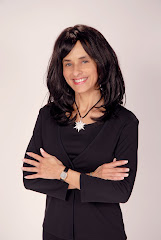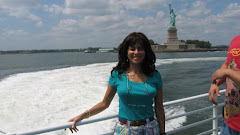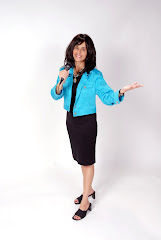
A costumed Maccabee stands at a Chanukah menorah-lighting ceremony at Berlin's Brandenburg Gate, Dec. 1, 2010.
By Toby Axelrod • December 2, 2010
BERLIN (JTA) -- Icicles formed on Rabbi Yehudah Teichtal’s beard as he helped set up the towering menorah in the center of Berlin.
It wasn’t just any menorah among the thousands that the Chabad-Lubavitch movement erects every Chanukah in public locations around the world. Teichtal, the Chabad rabbi in the German capital, was erecting this one at the Brandenburg Gate, once a symbol of Nazi power.
By nightfall on the first night of Chanukah, the gate through which the Nazis marched and which for 28 years marked the dividing line between East and West Berlin had been transformed into a Jewish symbol.
In what was “the cold, dark center” of Nazi Germany, “we are here to say Am Yisrael Chai!’” -- the Jewish people live, said Teichtal, his voice booming across Unter den Linden Boulevard. A few hundred revelers answered in kind.
The menorah lit Wednesday will stay up for the full eight days, with a public candle-lighting ceremony held each night of the holiday.
It marks the sixth year that Chabad of Berlin, with the support of numerous Jewish organizations, has hosted a Chanukah first-night celebration at the Brandenburg Gate. In 2004, Teichtal won permission from the German government, arguing that this would be an event of national importance worthy of such a location.
Sure enough, the image of rabbis dancing in front of the menorah at the Brandenburg Gate appears in newspapers and on websites around the world.
The message is clear: In Germany, the Jews live again.
More than 200,000 Jews are living now in Germany, the majority of them immigrants from the former Soviet Union who came after 1990.
“Twenty or 30 years ago, nobody would believe that this would happen here,” said Arkady Schwarz, deputy chair of Konigs Wusterhausen, a Jewish congregation in Brandenburg.
“I like what this light represents,” U.S. Ambassador to Germany Philip Murphy told the crowd gathered Wednesday, Chanukah’s first night. “And I also like the length of the holiday: My kids want to know why certain other holidays can’t be as long.”
Murphy also hosted a small Chanukah reception at the embassy.
The ceremony on Chanukah’s first night was the culmination of a day filled with holiday activities ranging from a parade through Berlin of cars with menorahs strapped on top to visits to Jews in hospitals, prisons and senior centers.
“We give out Chanukah gifts to all children in the hospitals, including non-Jewish children,” Teichtal told JTA.
“In Berlin, which was the essence of darkness, we go to the source and bring light,” he said. “To all our enemies who have tried to destroy us, we answer not with sticks and stones but with light and good deeds and acts of kindness.”
After the first candle was lit at the gate, organizers passed around jelly doughnuts -- a traditional Chanukah treat known in German as a “Berliner.” Music blasted from speakers, hot drinks and sparklers were passed around, celebrants danced or huddled together to stay warm on a freezing Berlin night.
“Why are we here? Because we are Jews, why else?” laughed Schwarz, who emigrated with his family from Ukraine in 1999. “In Ukraine it was not only forbidden to practice religion, it was forbidden to think about religion, he said, recalling the communist days. “So we feel free here.”
Elijahu Borodin, 20, who came to Berlin from Odessa 13 years ago, set aside his math studies to don a Maccabee costume and stand on the ceremonial platform, torch in hand.“This is my job for now,” he said, “to show that the Jews have survived.”






.jpg)
.jpg)




No comments:
Post a Comment